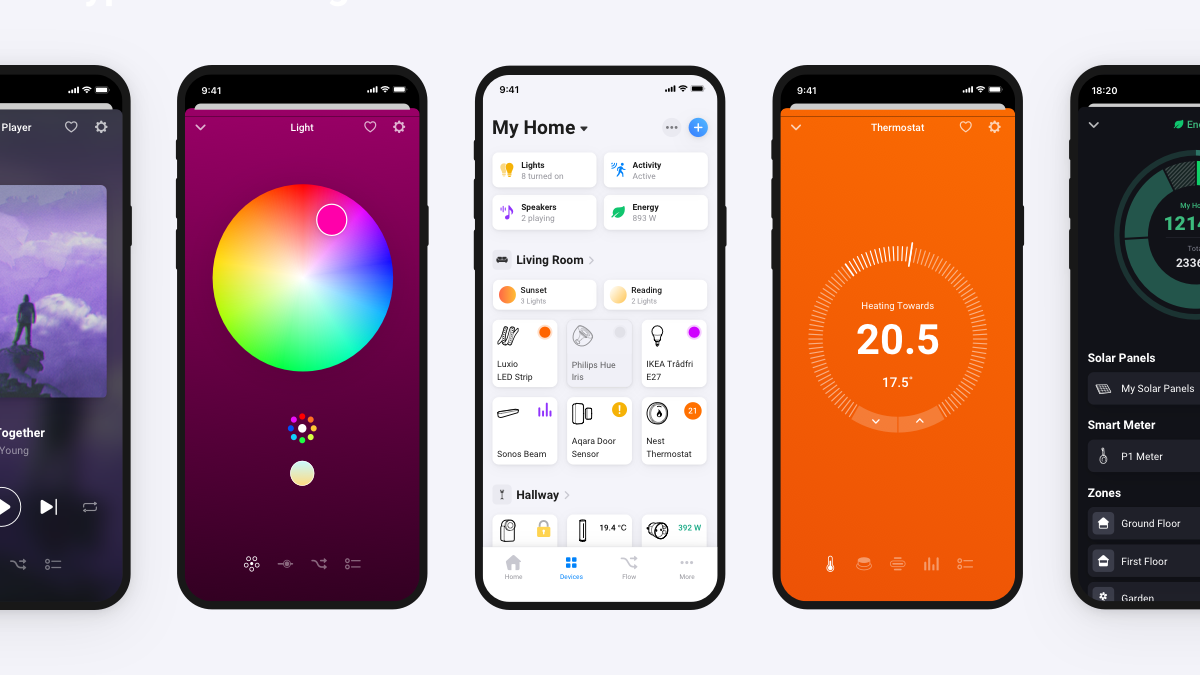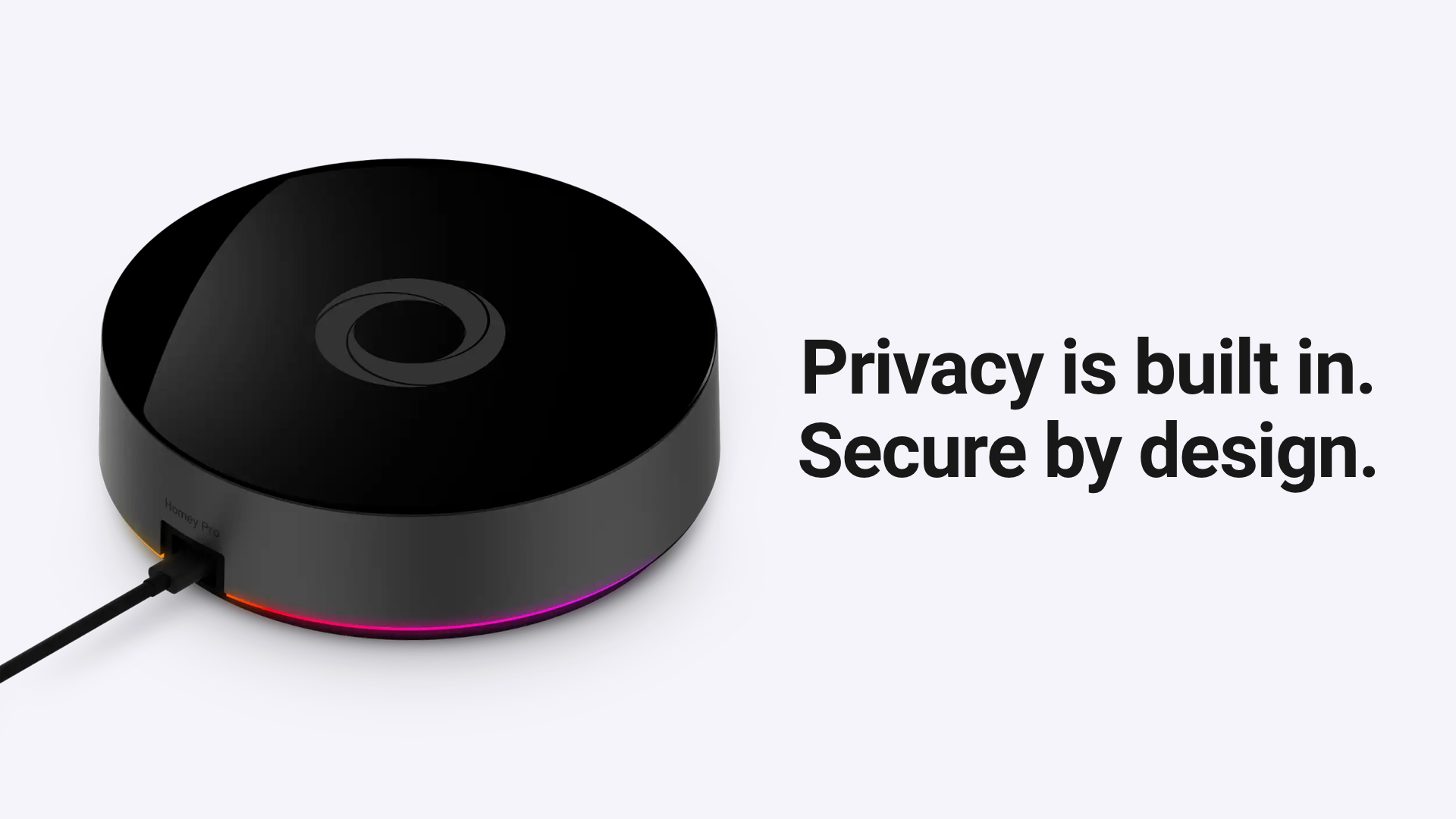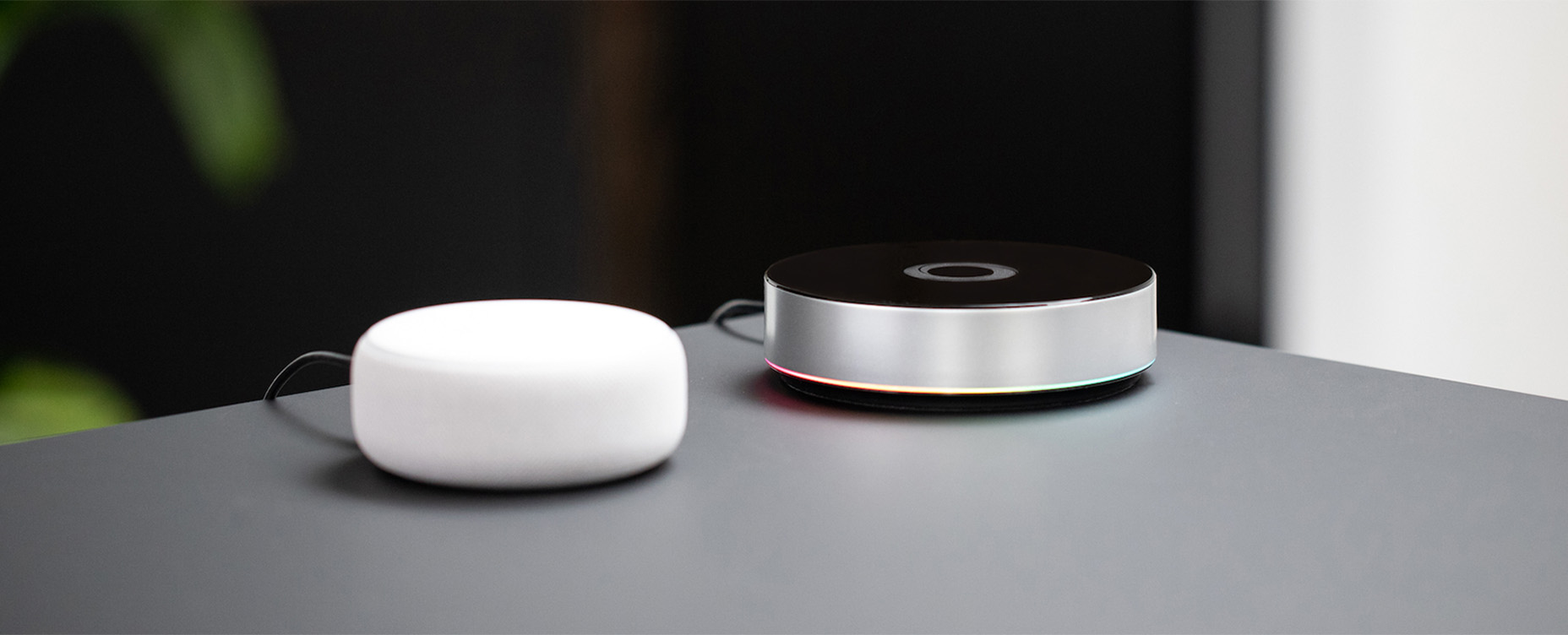Homey and Alexa both play important roles in the smart home space, but they are designed with different goals in mind. Homey serves as a central hub that connects devices across multiple technologies, while Alexa is primarily a voice assistant that adds natural interaction and quick access to routines. They overlap in some areas, yet work best when paired together.
Contents
- Core Functions & Goals
- Connectivity & Protocol Support
- Voice, Local Control & Cloud Roles
- Automation & Routines
- Device Control & Compatibility
- Data Visibility, Analytics & Insights
- Privacy & Data Use
- Community & Support
- Integration & Collaboration
- Conclusion
Core Functions & Goals
Homey is a complete smart home platform designed to unify devices from different brands and protocols. It manages device control, automation, monitoring, and even data insights from one interface. By supporting a wide range of devices, brands and wireless technologies directly, it removes the need for multiple hubs and allows you to build a flexible, brand-agnostic setup.
Alexa, by contrast, is Amazon’s voice assistant. Its core strength lies in voice-driven control, music playback, reminders, shopping, and integration with Amazon’s ecosystem of services. Smart home functionality has become a major part of Alexa, but it remains one feature within a much broader platform. As a result, Alexa excels at interaction and convenience, while relying on connected devices or hubs for deeper integration.
Connectivity & Protocol Support
Homey Pro supports eight communication standards: Matter, Thread, Zigbee, Z-Wave, Wi-Fi, Bluetooth, 433 MHz, and Infrared. This allows it to directly control devices ranging from modern Matter bulbs to older RF plugs and IR-based TVs. The Homey Pro mini offers a smaller, lower-cost option with support for Matter, Thread, Zigbee, and Ethernet, leaving out Z-Wave, 433 MHz and Infrared. Both models provide extensive reach across smart home ecosystems.
Alexa devices connect primarily over Wi-Fi and Bluetooth. Newer Echo speakers and displays can act as Matter controllers and Thread Border Routers, which expands compatibility with new devices. However, Alexa still depends on manufacturers building skills or integrations into Amazon’s ecosystem. While this covers most mainstream brands, some niche products require a separate hub or bridge, which is where Homey fills the gap.
Voice, Local Control & Cloud Roles
Alexa is designed for natural voice interaction. You can ask an Echo device to turn on a light, start music, or activate a routine without touching your phone. This voice-first design makes Alexa highly accessible and appealing for everyday control. The trade-off is that Alexa relies heavily on cloud processing, meaning commands and automations often depend on a stable internet connection.
Homey does not include a voice assistant but integrates seamlessly with Alexa for those who want it. Its role is to keep the underlying device management and automation local. With Flows and device logic processed on the hub, Homey ensures your setup keeps working reliably even if your internet is down. This makes it a strong complement to Alexa’s cloud-driven approach.
Automation & Routines
Alexa supports Routines that can be triggered by voice, schedules, sensors, or device activity. They are straightforward to set up and cover everyday needs like turning off lights at bedtime or adjusting heating when you arrive home. For most households, these routines provide a useful layer of convenience. However, customization is limited, and conditional logic is basic compared to dedicated hubs.
Homey handles simple automations through Flows. Each Flow combines triggers, conditions, and actions, which lets you design native interactions across devices and services. For automation enthusiasts, Advanced Flow adds a visual editor where you can map out automations in detail and troubleshoot them as you build. This makes it possible to go far beyond simple grouped commands and create scenarios tailored to your household’s behavior and preferences.
Device Control & Compatibility
Homey presents devices in a clean, structured dashboard with tiles optimized for each type, from lighting and thermostats to media players and sensors. You can create your own Dashboard and customize it to show rooms, favorites, or energy usage, giving you a clear overview at all times. Homey's large device support means you can manage devices from many brands directly in one interface.

Alexa’s app provides a unified list of devices with basic controls. It works reliably for toggling lights, adjusting brightness, or triggering scenes, but advanced features are usually accessed through the manufacturer’s own app. The experience is designed for quick actions or voice triggers rather than detailed management. For most users, this makes Alexa a fast entry point, while Homey becomes the main tool for in-depth control.
Data Visibility, Analytics & Insights
Homey Insights track, log and visualize historical data from connected devices. You can track temperature trends, review power consumption, or see when sensors were triggered. This gives you the ability to monitor your home over time and adjust automation or energy use accordingly.
Alexa does not provide built-in historical analytic tools. The app shows current device status and some basic history, but it does not offer detailed logs or energy monitoring across devices. For in-depth analysis, you must rely on device-specific apps or external services, as Alexa itself is centered on real-time interaction.
Privacy & Data Use
Homey processes automations locally and stores your data within the hub. External communication only happens when you choose to connect services, and Athom does not use your data for profiling or advertising. Optional features like cloud backups are available, but your home continues to work without them.

Alexa processes most interactions through Amazon’s cloud. Voice commands, routines, and device status updates often pass through Amazon servers, contributing to user profiles that connect with Amazon’s broader services. While this enables features like personalized responses and shopping integration, it also means Alexa’s privacy model differs fundamentally from Homey’s.
Community & Support
Homey users have access to official customer support, a knowledge base, and an active forum where community members share ideas, apps, and troubleshooting tips. Because integrations go through the Homey App Store, updates are consistent, and support is centralized.
Alexa benefits from Amazon’s large support system, which includes extensive documentation, customer service, and a global user community. While common issues are well covered, device-specific problems often fall back on the manufacturer’s support channels, since compatibility depends on each brand’s Alexa integration.
Integration & Collaboration
Homey and Alexa complement each other when combined in your smart home. Homey can expose devices that Alexa cannot connect to directly, such as Z-Wave or Zigbee devices from various brands, RF accessories or infrared devices. Once linked, Alexa can control these devices by voice as if they were native.
This partnership plays to the strengths of both platforms. Homey acts as the hub that unifies and automates everything locally, while Alexa provides the natural voice layer and broader integration with Amazon services. Together, they create a setup that is both comprehensive and convenient.
Conclusion
Homey and Alexa approach the smart home from different directions. Homey unifies devices across technologies and provides powerful automation with local reliability. Alexa focuses on voice interaction and everyday convenience, integrated tightly with Amazon’s ecosystem. By combining them, you can cover both advanced device management and simple voice-driven control, ensuring your home is flexible, responsive, and easy to use.
FAQ
What is a smart home hub and why is it necessary?
A smart home hub like Homey Pro and Homey Pro mini are central devices that connect and manages smart home devices from different brands and communication technologies. It is necessary because it allows for unified control and complex automation scenarios across an otherwise fragmented collection of smart devices.
What is voice control in a smart home and why is it convenient?
Voice control allows users to interact with their smart devices using natural spoken commands. It is convenient because it provides a hands-free, accessible method for quick actions, activating routines, and controlling devices without needing an app.
What is local automation and why is it important for reliability?
Local automation refers to smart home rules and routines processed directly on a physical hub such as Homey, not relying on an internet connection or external cloud servers. It is important for reliability because it ensures essential functions continue working even during internet outages.
What is multi-protocol support and why is it beneficial?
Multi-protocol support means a single hub can communicate using several wireless standards, such as Zigbee, Z-Wave, and Matter and more. It is beneficial because it allows users to integrate a much wider range of devices from different manufacturers into one cohesive system.





